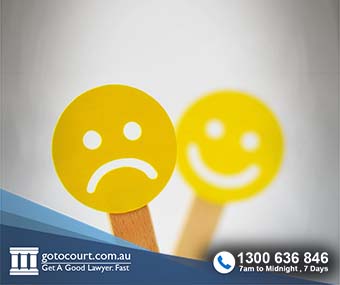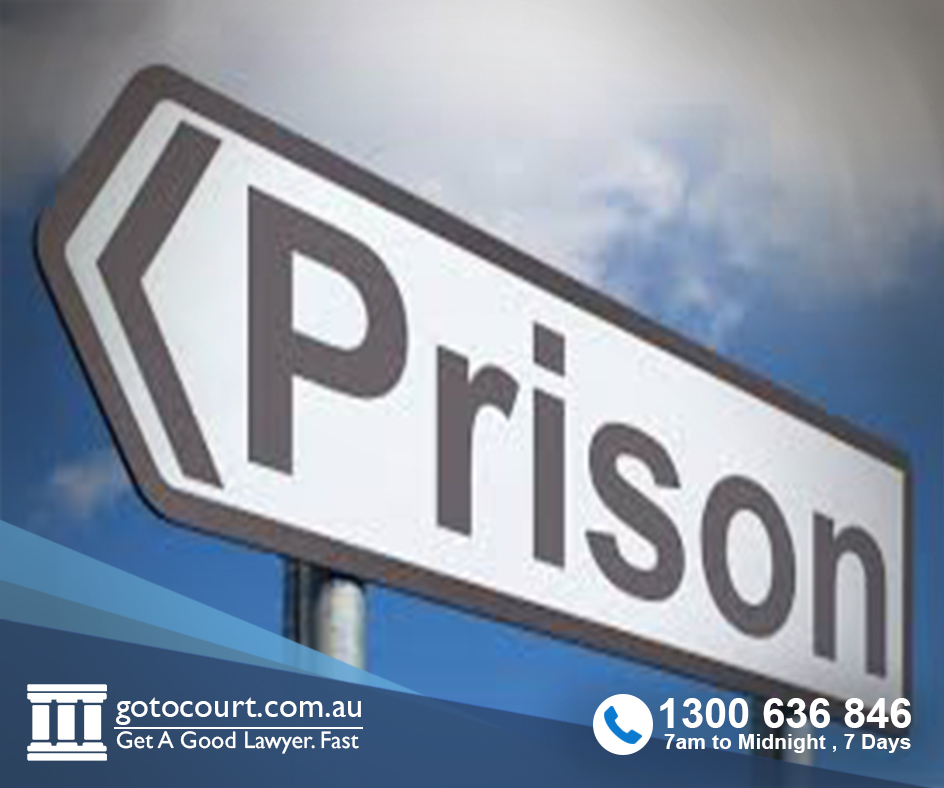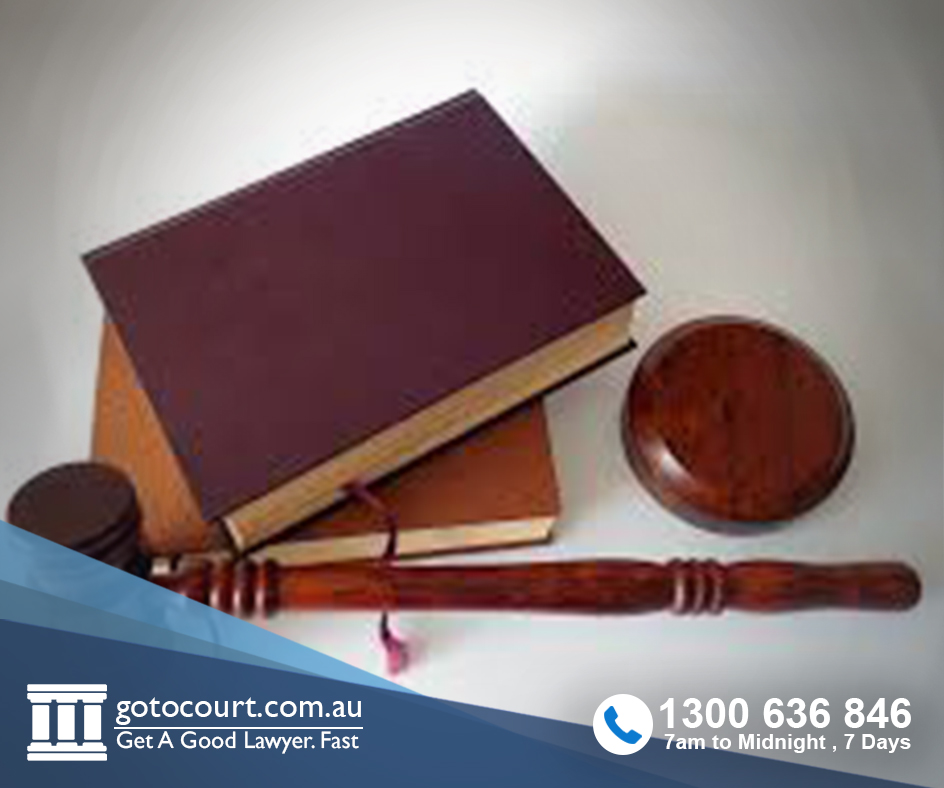Indictable Offences (WA)
In Western Australia, there are two main types of offences: summary and indictable offences. Summary offences are also known as simple offences and indictable offences are also known as crimes. Western Australia also has a third category of offences known as either way offences. These may be dealt with as simple offences or as crimes, depending on the circumstances.
Summary offences
Summary offences start and end in the Magistrates Court. In these cases, the state is generally represented by a Police Prosecutor.
Summary offences must be prosecuted within 12 months of the alleged offence.
Indictable offences
Indictable offences also known as crimes, are more serious and carry more severe penalties. These matters start in the Magistrates Court and progress to either the District Court of WA or the Supreme Court of WA.
These matters progress to the higher courts because under Section 3(2) of the Criminal Code an indictable offence is triable on indictment only. This means the accused person has the right for their matter to be heard by a judge and jury, and this cannot occur in the lower courts.
Under section 3(6) of the Criminal Code, the prosecution of an indictable offence may be commenced at any time unless the written law provides otherwise. This means there is no limitation period that restricts the prosecution of serious offences.
Which offences are indictable offences?
To identify an offence as indictable, the legislation must be consulted. In Western Australia, there is a raft of legislation setting out the state’s criminal offences, including but not limited to:
- The Criminal Code (WA);
- Restraining Orders Act 1997 (WA);
- Firearms Act 1973 (WA);
- Misuse of Drugs Acts 1981 (WA).
Indictable offences include robbery, assault with intent to commit robbery, criminal damage, serious assaults, sexual assaults, serious fraud and commercial theft, burglary and drug offences. In these matters, the state is represented by the Director of Public Prosecutions.
Either way offences
Some offences in WA are known as “either way” offences. This type of offence can be dealt with the Magistrates Court of WA or the District Court of WA. For example, assault occasioning bodily harm (section 317 of The Criminal Code) is an either way offence.
The facts and circumstances of a case giving rise to a charge of an either way offence will dictate whether the offence will be dealt with summarily in the Magistrates Court of WA or on indictment in the District Court of WA.
Court procedure for indictable offences
The court and criminal procedures for dealing with indictable offences are set out in the Criminal Procedure Act 2004 (WA).
All indictable offences start in the Magistrates Court of WA. This is because a Disclosure/Committal Mention Hearing must occur before the matter is transferred to a higher court. At this hearing, the court must be satisfied the prosecution has provided full disclosure, before taking the accused person’s plea.
If an accused pleads guilty, then the matter is transferred to a higher court for a Sentence Mention Hearing: Criminal Procedure Act 2004 (WA) s 41(3). If at the Sentence Mention Hearing, the prosecution and the accused are ready to proceed to sentencing, the court will set a date for the Sentencing Hearing.
If the accused pleads not guilty, then the matter is transferred to the higher court for a Directions Hearing: Criminal Procedure Act 2004 (WA) s 41(4). Offences that are punishable by life imprisonment are transferred to and tried in the Supreme Court of WA, and all other indictable offences are tried in the District Court of WA.
Judge alone or judge and jury?
All indictable offences are to be tried by jury, unless an order under section 118 of the Criminal Procedure Act 2004 (WA) is made. If a section 118 order is made, the trial will be heard by a judge alone.
When deciding whether a trial should be heard by judge alone, the court can inform itself in any way it thinks fit. The court can make a section 118 order if:
- the accused makes the application, and the court thinks it is in the interest of justice to do so; or
- the prosecution makes the application, the accused consents to the application, and the court thinks it is in the interest of justice to do so.
Where a trial is likely to be unreasonably burdensome on a jury due to its complexity or length, the court can make an order for a trial by judge alone.
Where the offence being heard is ‘corrupting or threatening a juror’ pursuant to section 123 of The Criminal Code (WA), an order for a judge alone trial can be made.
If the court is of the view that a jury is required to assist with factual issues or standards (such as community standards), then it can dismiss an application for a trial by judge alone.
Jury trials
In a jury trial, the judge determines questions of law, and the jury determines questions of fact. The jury determines the facts by hearing the evidence presented by the prosecution and the accused. Once the jury determines the facts, they can then decide whether the accused person is guilty or not guilty and deliver their verdict to the court.
The jury is made up of 12 people all selected at random.
If you require legal advice or representation in relation to indictable offences or in any other legal matter, please contact Go To Court Lawyers.







